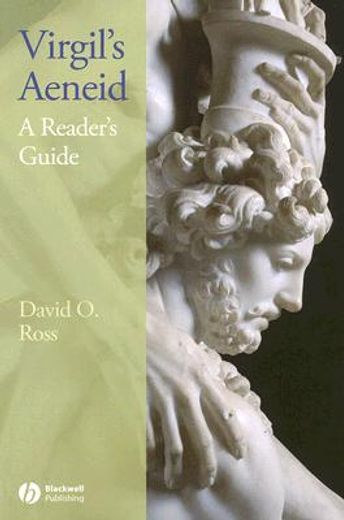

If she knew more Latin, she would understand this is common usage. She spends much time marveling at Virgil’s use of the “historical present,” a substitution of the present tense for the past tense. But she has problems when she actually looks at Ferry’s translation and waffles unconvincingly about Virgil’s Latin. Bernard manipulates readers into forgiving her ignorance, thinking, Oh, classicists are so stuffy! But I would guess that quite a few classicists will read this and wonder, as I did, How on earth did she get the job?īernard writes at length about poets influenced by, or responding to Virgil, and she does that very well. It’s an attempt to get readers on her side. My point is that I am no scholar, and like the vast majority of readers I gratefully apprehend the likes of Virgil and Ovid through their English translators. He seemed to regard my poor performance as no better than could be expected, and passed me on with a sigh. My own Latin education, which came too late to stick, required me to construe some lines from the Aeneid before a frowning, and then sarcastic, doorkeeper to a graduate program in literature. If you don’t know what you’re talking about, it’s good to establish your lack of credentials. At the end of this post I will write more about Hamilton.)īut first let me rant about the NYRB review of David Ferry’s translation of the Aeneid. And, by the way, the reviewer, thank God, is a classicist, Donna Zuckerberg. On the positive side, I am enthusiastic about an excellent article in the TLS about the revival of Edith Hamilton, a classicist who popularized Greek and Roman culture in her books. The NYRB usually assigns such reviews to classicists, among them Mary Beard and Daniel Mendelsohn. Mind you, she is enthusiastic–a popularizer?–but the review is riddled with errors–and bullshit. And in a recent issue of The New York Review of Books, the review of David Ferry’s new translation of the Aeneid was written by April Bernard, a poet who does not know Latin.

I am disturbed that two of the daily critics at The New York Times, Michiko Kakutani and Jennifer Senior, have recently resigned and transferred to “longform journalism” (whatever that may be). But as book review publications change direction or fold (and as a lifelong reader of reviews, I’m very sad about this), critics have more to worry about than the competition of bloggers. The received wisdom is that bloggers’ opinions do not matter because they do not know the language of criticism. My goal as a blogger/book journal writer is to popularize neglected classics, as well as an occasional striking new book.Īlas, critics seldom respect popularizers or bloggers. In my thirties and forties I reviewed for (mostly now-defunct) book pages, but I have enjoyed blogging far more than reviewing.

Norton has reissued two books by Edith Hamilton, a popularizer of Greek and Roman culture.


 0 kommentar(er)
0 kommentar(er)
